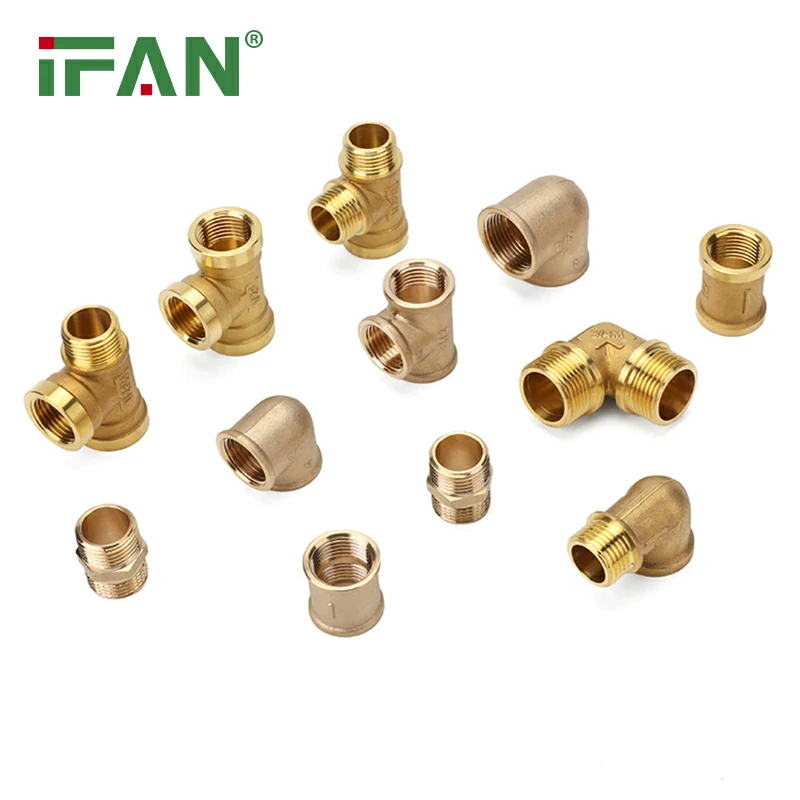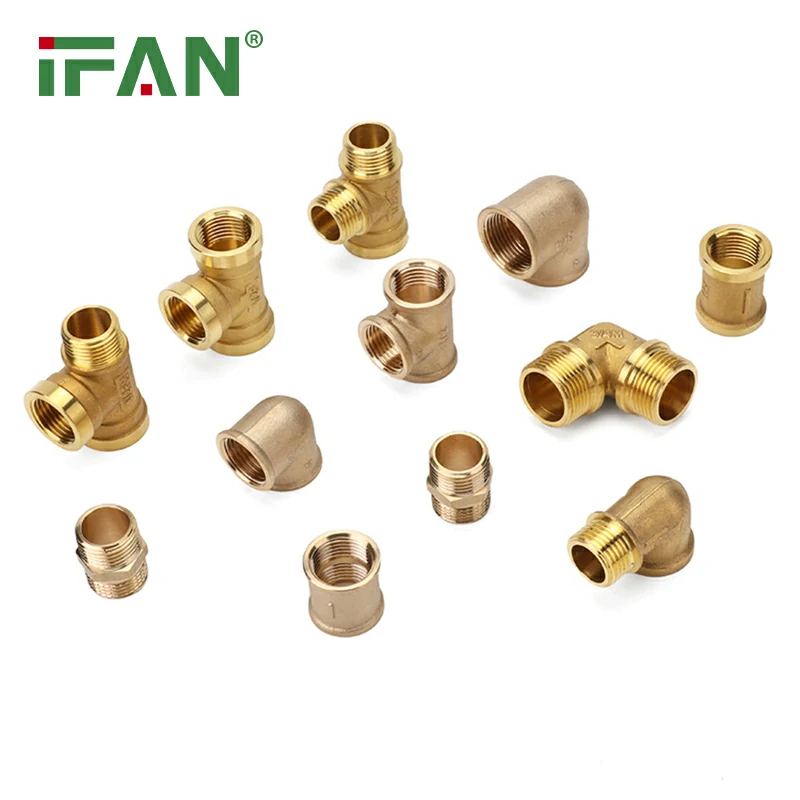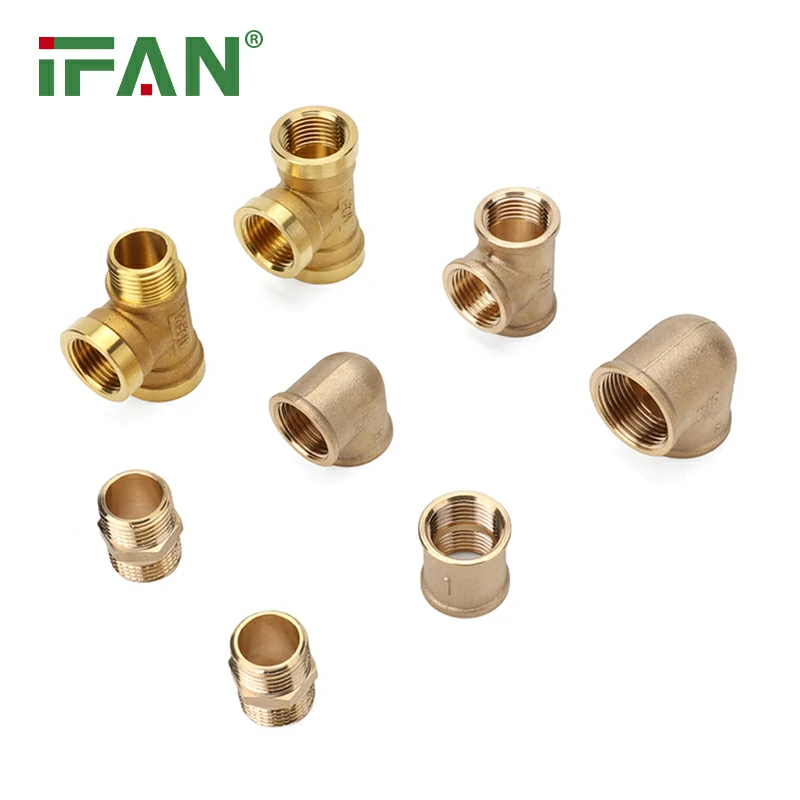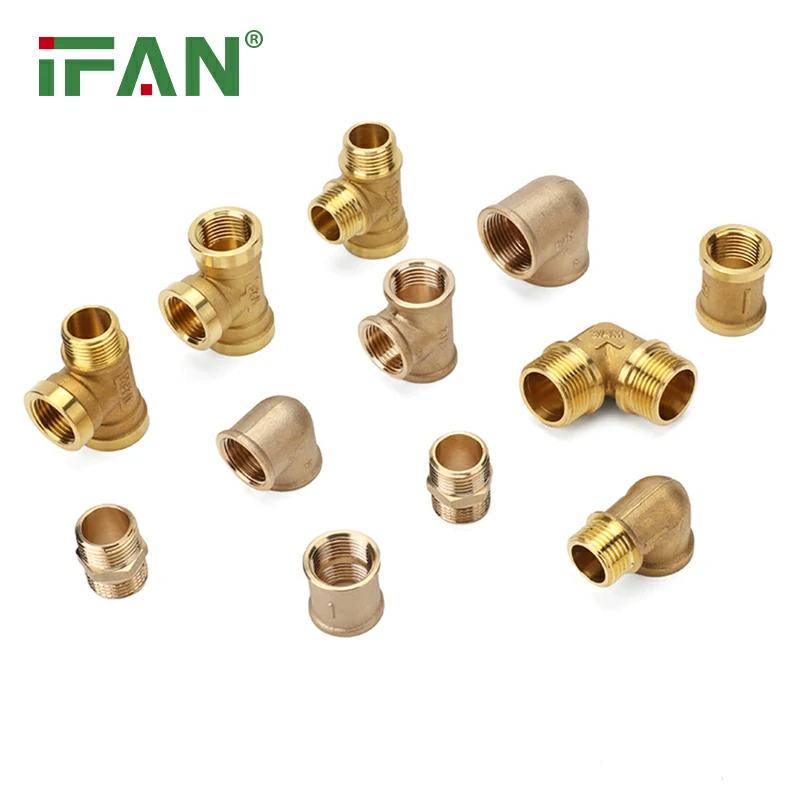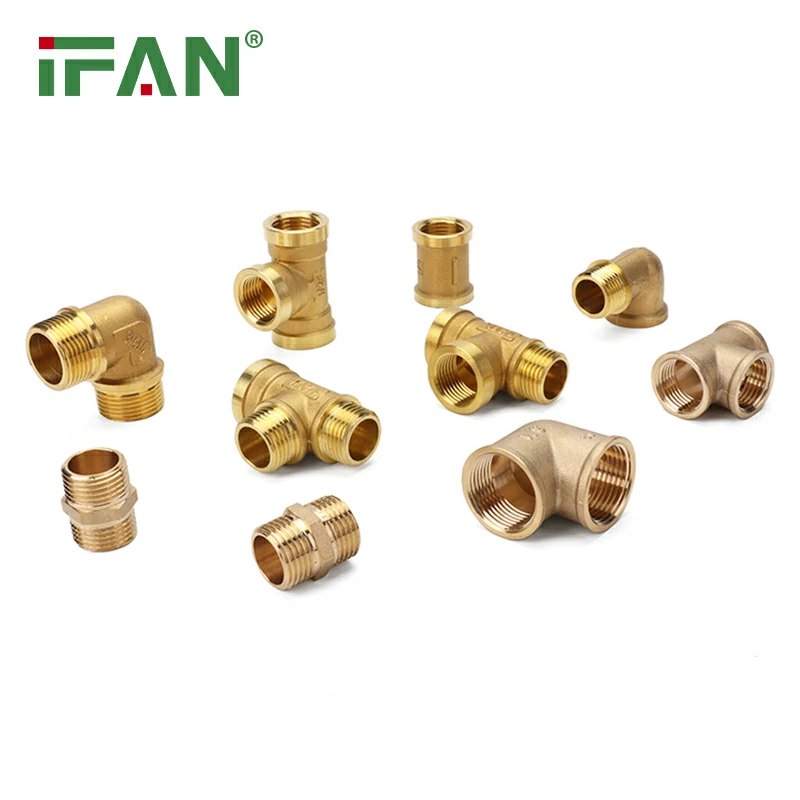PVC valves are an important component in plumbing systems and are used for controlling the flow of fluids or gases. PVC valves are made from polyvinyl chloride, which makes them strong, durable, and resistant to chemicals, temperature changes, and pressure fluctuations.
There are different types of PVC valves available, and each type is suited to specific applications. One of the most common types is the ball valve, which has a ball-shaped disc that rotates inside the valve body to control the flow of fluid or gas. Another type is the butterfly valve, which has a quarter-turn rotary motion to control the flow of fluid or gas.
Here are some of the applications of PVC valves:

- Water Treatment
PVC valves are commonly used in water treatment facilities to control the flow of water. They are resistant to corrosion and have a longer lifespan compared to other materials like metal. PVC valves are also used in reverse osmosis systems to prevent backflow and keep water flowing in the right direction.
- Chemical Processing
PVC valves are resistant to chemicals, making them ideal for use in chemical processing plants. They are used to control the flow of various chemicals as they move through the processing facility. The valves are designed to work with a wide range of chemicals, including acids, bases, and solvents.
- Industrial Applications
PVC valves are commonly used in various industrial applications, such as manufacturing, mining, and oil and gas. They are used to control the flow of fluids or gases in pipelines, tanks, and other equipment. The valves are designed to handle high pressures and temperatures, making them suitable for use in harsh environments.
- Agriculture
PVC valves are widely used in agriculture to control the flow of water and other liquids. They are used in irrigation systems to regulate the amount of water that reaches crops. PVC valves are also used in livestock farming to regulate the flow of water to drinking troughs.
- Residential Plumbing
PVC valves are used in residential plumbing systems to control the flow of water. They are used in various applications, such as regulating the water pressure, controlling the flow of hot and cold water, and preventing backflow. PVC valves are easy to install, and they are affordable compared to other materials like metal.
- Swimming Pools and Hot Tubs
PVC valves are used in swimming pools and hot tubs to control the flow of water. They are designed to handle high temperatures and gallons of water per minute. PVC valves help to regulate the water pressure, prevent leaks, and ensure water is flowing in the right direction.

In conclusion, PVC valves are an essential part of various applications in different industries. They are used to control the flow of fluids or gases, regulate water pressure, prevent backflow, and prevent leaks. The valves are made from high-quality materials like polyvinyl chloride, which makes them resistant to chemicals, temperature changes, and pressure fluctuations. PVC valves are easy to install, affordable, and have a long lifespan, making them an ideal choice for various applications.

